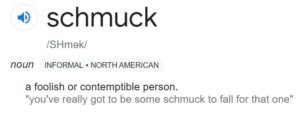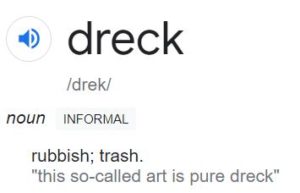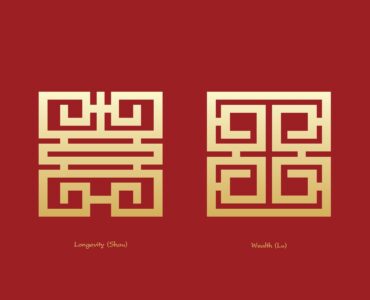Yiddish is mainly spoken today by several hundred thousand Hasidic Jews in the USA and in Israel. It is a Germanic dialect which is written using the Hebrew alphabet. Yiddish, which means Jewish, was spoken by several million people before World War II. Yiddish is commonly referred to by Ashkenazi Jews as “Mama Loshon,” which means mother tongue. According to some historians, Yiddish came into being several hundred years ago because Orthodox Jews deemed the Hebrew language too holy for everyday use. Hebrew was limited to use in prayer and study, so a conversational language was required.
Yiddish does not have strict rules like mainstream languages, and is heavily influenced by the locale in which it is/was used. So the Yiddish spoken in Poland was somewhat different than the Yiddish spoken in Lithuania. In the USA, Yiddish enjoyed a golden period at the turn of the 20th century with an abundance of Yiddish theater, newspapers and novels.

Today, the use of Yiddish is in decline and is considered by some to be a dying language. But for Yiddish aficionados, the language will live on through words that have infiltrated the English language and have become very common in every day use. Here is a list of 10 such words.
Chutzpa
The rough translation of chutzpa is audacity or temerity. As in “he had the chutzpa to ask me to pay for it.” Or “what she did is a big chutzpa.” A person who behaves frequently in such a way can be labeled a chutzpadik person.
Shmuck

The literal translation of shmuck is penis. The origin of this word is from the German word Schmuckstück (piece of jewelry). Why would the inventors of the Yiddish language call the male sex organ a jewel? Because men go to great lengths to protect their penis, just as one would protect an expensive piece of jewelry.
In English however, a shmuck means a person who is foolish. It can also be used to describe an obnoxious person who behaves in an annoying way.
 Dreck
Dreck
The literal translation of dreck is shit. What children call number 2. The word dreck can be used to describe a thing or a person. If you say that “Joe is a real dreck,” it means that Joe is a person with undesirable traits.
Meshuga
This word comes from the Hebrew language and means crazy. As in “Joe is a meshuga.” Another variation on this word are meshugana and meshigas (which means nonsense). A long form variation: meshugana kupp which means crazy head.
Putz
Another Yiddish word for a foolish person. The word putz can also be used as a verb, like “stop putzing around,” which means stop wasting time.
Tuches
This word comes from the Hebrew word Tachat, which means underside or underneath. In Yiddish, the tuches refers to a person’s underside. Like “get off your tuches and start working.”
Klutz
A klutz is a clumsy, bumbling sort of person, One who is prone to breaking things and messing things up.
Mensch
This word is the highest praise you can give someone. Mensch is the German word for human. In Yiddish, a mensch is a person you can trust, a person who behaves in an impeccable fashion.
Shchlepp
As a verb, schlepping means to carry something heavy. Like “I schlepped the suitcase around all day like a schmuck.” As a noun, it can refer to an arduous journey or a chore. “I am not heading out there in rush hour, it’s a big schlepp.”
Schlub
This word means slob. As in “how did Joe marry such a beautiful girl, he is a real schlub.”





